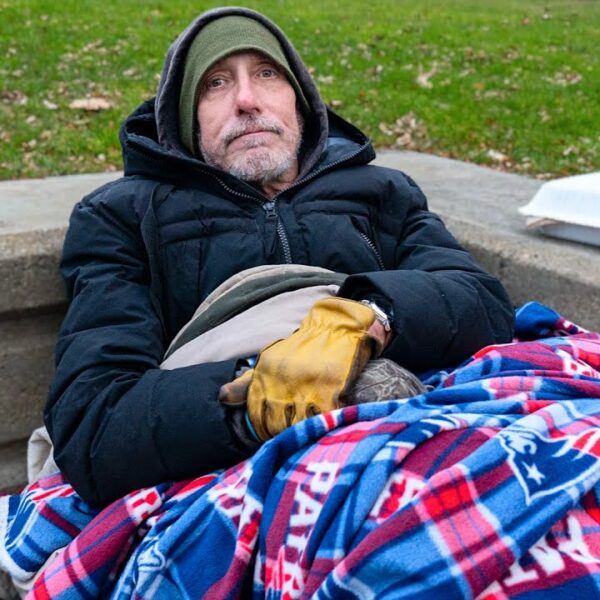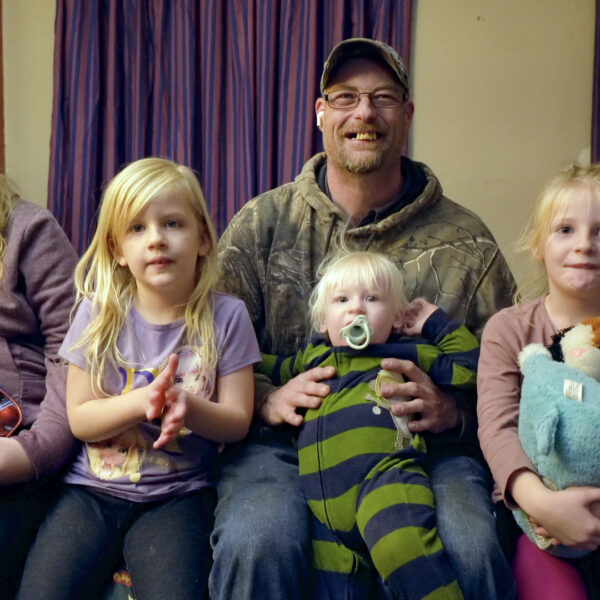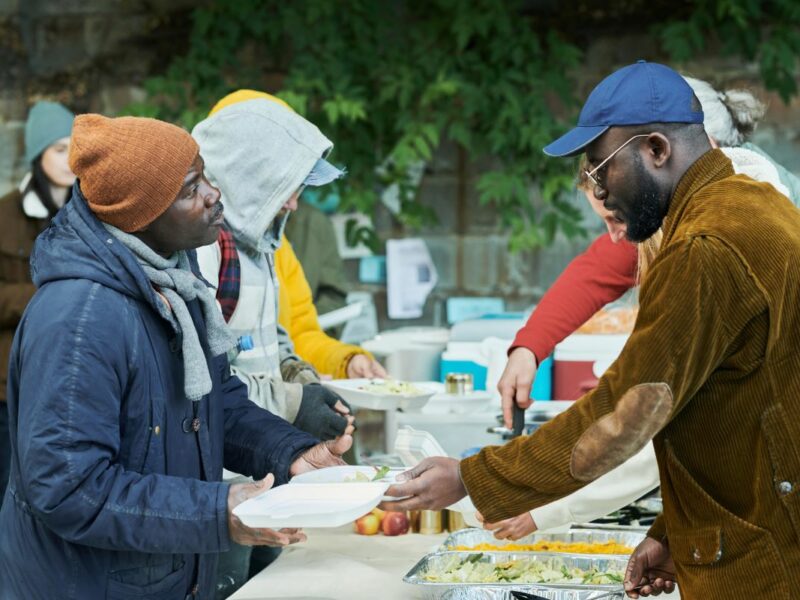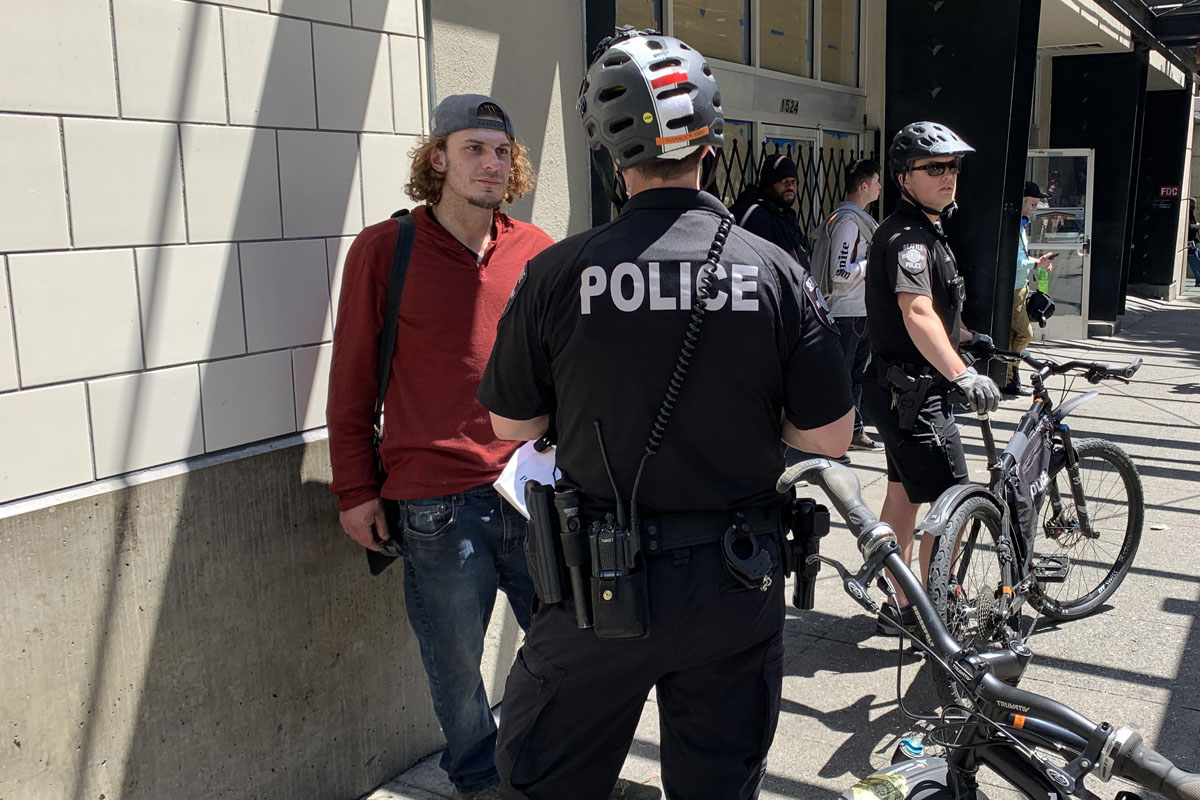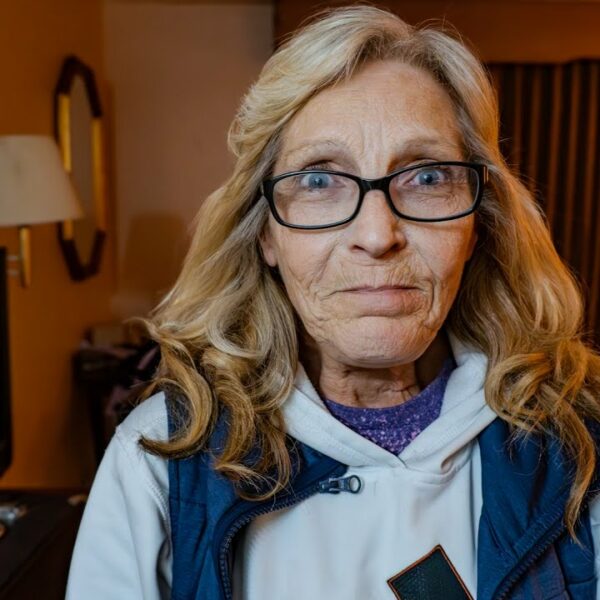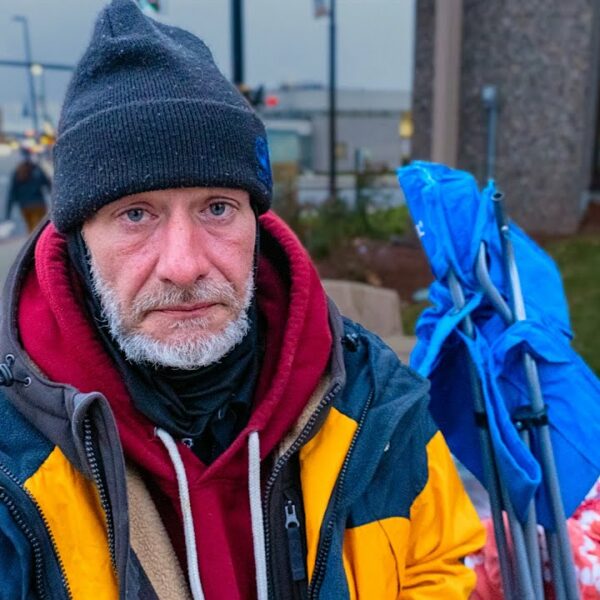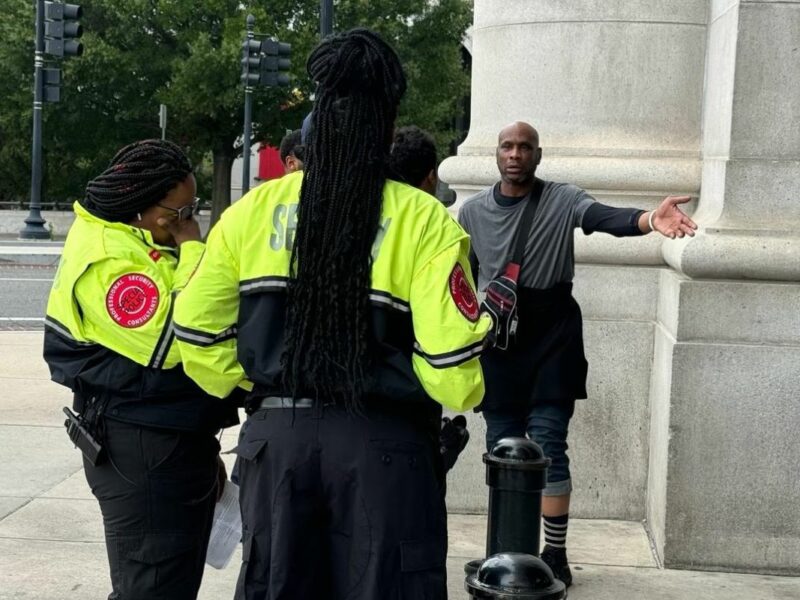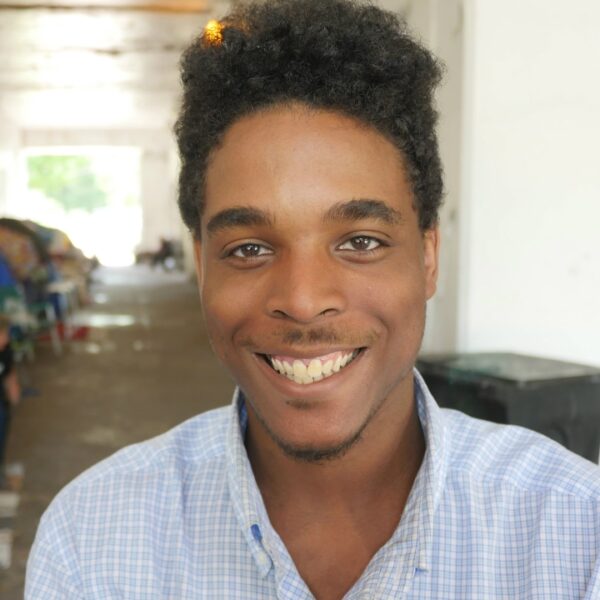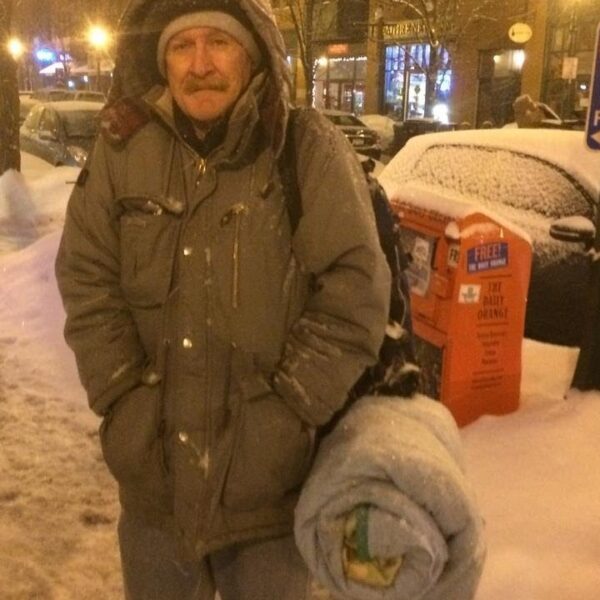After 12 years of litigation, the City of Boise settled Martin v. Boise, a case that stemmed from a local ordinance that banned people from sleeping in public.
The City will invest an additional $1.3 million to prevent homelessness in the community in 2021. One-third of the funds are already committed to rehabilitating shelters or creating additional overnight shelter space.
Following the settlement, Boise updated two ordinances to prohibit arresting, imprisoning, or fining people experiencing homelessness for sleeping or camping outside if no overnight shelter is available to them.
“The settlement in the landmark Martin v. Boise case is a win for all residents of Boise, housed and unhoused alike, and serves as a national model for how other communities should be implementing the decision,” Eric Tars, Legal Director at the National Homelessness Law Center, said in a statement.
“By getting homeless individuals off the streets and into housing or shelter, there will be no need to enforce any ordinances against them—housing, not handcuffs, is what ends homelessness,” he added.
Robert Martin, one of the named plaintiffs, said “The overriding intention for the lawsuit was to just be allowed the same basic right to rest and sleep that every American citizen has without fear of persecution. Nobody should feel fear from police for doing something that is a basic human need. I hope that with this settlement we can open the doors to finding a better solution to the homeless crisis [rather than] to just sweep it elsewhere or lock it up out of public eye.”
Housing advocates hailed the settlement as a sign the City will begin focusing on services rather than punishing people experiencing homelessness and overpopulating the Ada County Jail.
According to the 2020 Point in Time Count, Ada County has added 412 people to its homeless population since 2018. The county’s total now eclipses 1,668 individuals, only 708 of whom are considered “sheltered.” Another 235 individuals were identified as chronically homeless, representing a six percent increase from the previous year.
“The settlement represents the efforts of hundreds of homeless citizens of Boise who were prevented from accessing overnight shelter to sleep due to a disability, limited shelter capacity and shelter policies,” said Howard Belodoff, Associate Director of Idaho Legal Aid Services.
Both the 9th Circuit Court of Appeals and the Supreme Court have rejected prior challenges to the case. In April 2019, the 9th Circuit said Boise’s practice of ticketing homeless people for sleeping outside runs afoul of the 8th Amendment. The Supreme Court turned a deaf ear to the subsequent appeal by December’s end.
With the settlement in place, all cities within the 9th Circuit’s jurisdiction are prohibited from criminalizing homelessness when adequate shelter space isn’t available. That includes the states along the west coast, as well as Idaho, New Mexico, Nevada, Wyoming, Alaska, and Hawaii.
The Supreme Court’s rejection carries national influence as well. The case has been cited in numerous legal challenges against ordinances that criminalize homelessness. Two cases in particular cited the case in challenges to an ordinance in Denver, Colorado that bans the erection of tents on sidewalks or other forms of urban camping.
Lyall v. Denver and Denver Homeless Out Loud (DHOL) v. Denver both cited the case in challenges to the city’s use of homeless sweeps to enforce its camping ban. Both cases essentially argued that the practice violates due process.
Lyall was settled in 2019 after three years of litigation. The six named plaintiffs received restitution of $30,000 and Denver was required to make several concessions. Among them were to provide at least 7 days’ written notice before sweeping a camp and to provide adequate means of returning non-contaminated items to their owner.
While DHOL is currently meandering through the Courts, a recent preliminary injunction suggests that the homeless plaintiffs are substantially likely to prevail on their claims that sweeping homeless camps without an adequate means of returning personal property is a violation of due process.
“The Ninth Circuit’s landmark decision resolved that the Eighth Amendment prohibits cities from criminalizing the status of homelessness itself by punishing individuals for sleeping outside when they have nowhere else to go,” said Michael Bern, a partner at Latham & Watkins who represented the Boise plaintiffs.
“The City’s commitment to safeguard the rights of Boise’s residents and dedicate additional funds to preventing and ending homelessness will produce meaningful benefits for Boise’s homeless community as well as the City of Boise itself,” he added.
Boise city officials described the settlement as a “roadmap” to dismissing the case. The City also said its police force will adopt and implement additional guidance and training for officers to further ensure no person experiencing homelessness is issued a citation when no shelter is available to them.
“The City of Boise is happy to have reached an agreement that advances our goal of putting those experiencing homelessness on a path to permanent housing and is consistent with the current city policy,” said Mayor Lauren McLean. “This agreement will deliver on a promise I made to the people of Boise that I would resolve this decade-long litigation we inherited.”



